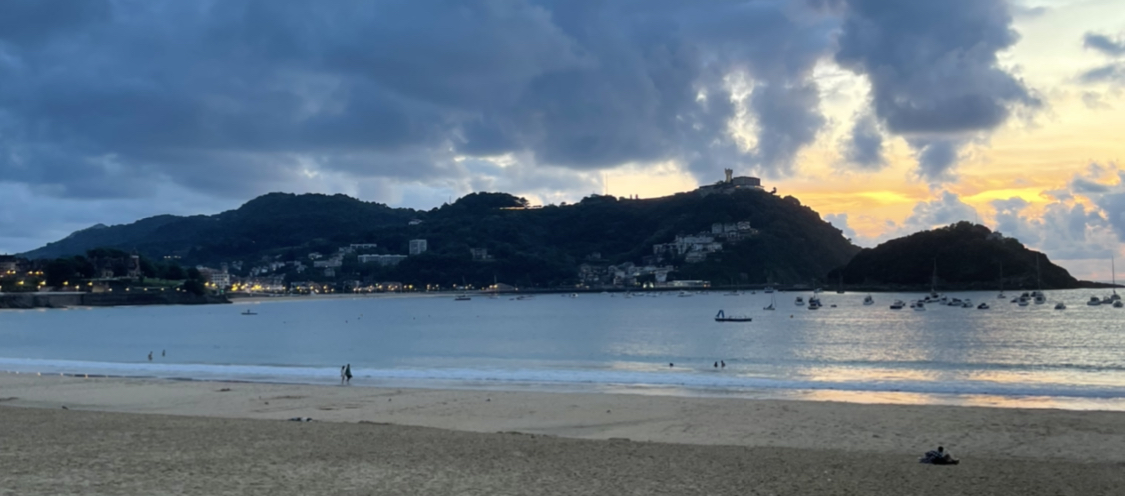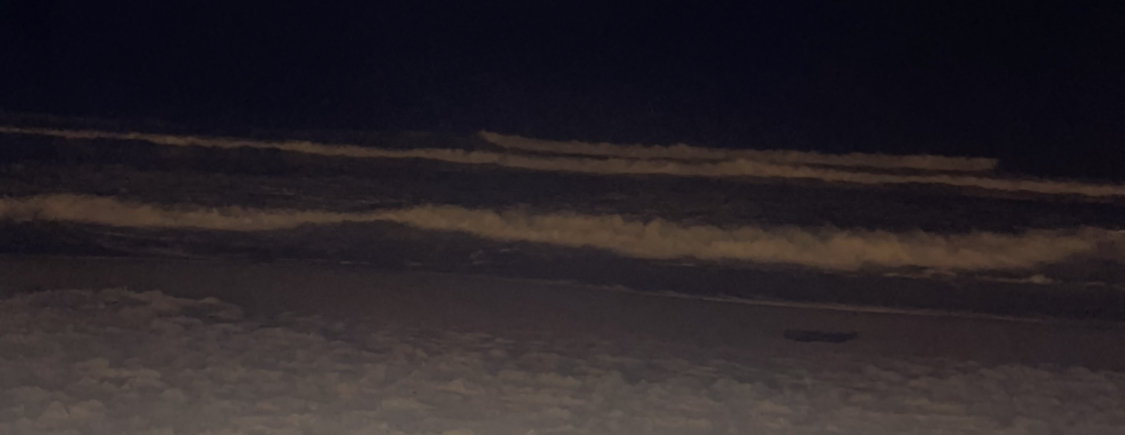On May 31, a collection of unreleased Super 8 films by Iván Zulueta screened at Anthology Film Archives as part of the director’s first North American retrospective.
The co-curator of the series, a film professor in Madrid who flew to the US for the week, introduced the film. Iván Zulueta died in 2009. His entire archive of unreleased reels of film, screenplays, and paintings sat untouched in one room in his family’s aristocratic mansion in Donostia. Iván came from a bourgeois Basque family which became somewhat disgraced in the late 20th century due to excessive spending and an inability to earn a profit which led to eventual bankruptcy. When Filmoteca Española purchased Iván’s entire oeuvre in the early 2010s, income was posthumously earned for his family. The professor and his colleagues are still sorting through the archive. They compiled the six-part screening program for distribution.
A Basque friend of mine, a 30-something year old studying for his undertaker’s license introduced me to Arrebato via a link to one of those illegal streaming websites littered with porn pop-ups to be enjoyed during lockdown. I immediately became enamored with his psychological, obessive style, and presagious representation of media cannibalizing personal life and memories. It was a magical coincidence his only retrospective to date was screening in New York while I was alive, well, and had money for a ticket.
Anything made in Spain during the ‘70s and ‘80s is interpreted by contemporary academics as commenting on Franco, particularly reacting strongly against the conservative morals and cultural repression. Arrebato is analyzed in this light often, and while I don’t think this interpretation is incorrect, it is plainly not the most poignant message to be read from Zulueta’s specific filmic language. Arrebato is a furtive depiction of heroin addition and the urge to decimate yourself, and forcibly merge yourself entirely into an objective. The objective in question can be creative pursuits, or a search for oblivion, and Zulueta represents this struggle as specifically interceded through an engagement with media.
The films shown on May 31 were a series of travelogues filmed on Super 8 representing Zulueta’s visits to Morrocco, California, Paris, as well as footage of his dogs and his friends at home in Donostia. The curator-professor mentioned the reels portray precious times in Zulueta’s life, before his career was stalled by his addiction. He also remarked the films raise themes of “the artist as a person”. Zulueta is a person who learned from his technical experiments as well as his life experiences. While viewing the polished opus (in this case the film Arrebato), it is difficult to perceive the moments of self-doubt and questioning which are revealed in the weaker points of Zulueta’s experimental films. Additionally, experiments divulge Zulueta’s fascinations, attractions, and subconscious monomanias.
Zulueta’s film of California showed a nostalgic America, scenes driving along the verdant strips of grass bordering the bay along the highway into the city. His cinematic eye felt so out of place in America. Whereas his films in Rome, Cannes, Morocco were immersed in the crowd of people, the camera in the California films were plainly outside of them, voyeuristically recording kids on the street around Berkeley’s campus. Performers in scarlet shirts, stage lighting, and brutal mustaches. The camera dare not intrude, but simply observe in awe. Sitting in the icy theater, I found myself transported back to my first visit to the Bay Area. As a teenager I’d never been somewhere so beautiful in all my life, and it occurred to me that I could move somewhere beautiful once I was old enough. A situation nonetheless morphs drastically once you immerse yourself in it. The second time I visited the Bay, I went with my sister and we stayed with my cousin in her one bedroom apartment in the Mission. We experienced the first brief encounters with adult life in a gentrified neighborhood. My cousin’s car was broken into while we were there and she made us promise not to tell our parents. Re-encountering these feelings as an adult made me consider the pregnant promise of California. Golden coast with no history, just future.

…
I visited Donostia again in July 2023. The Basque Country is an eternal cradle, unchanging and immutable. The sculpted shoreline of Playa de la Concha ensures all large waves break far away from the sunbathers. While I was there I thought often of Zulueta, and wondered where his ancestral home which holds the archives is in the small coastal city.
…
S. came to Donosti from Bilbao for one night to visit us. We met up at a pintxo bar, drank a glass of wine, ate a skewer of anchovies, olives, and guindilla peppers. Then we went to another bar, drank a glass of wine, and ate goat cheese, sun-dried tomato, walnut, pistachio, honey, balsamic vinegar, on bread. We went to another bar and ate sea urchin, and tortilla de patata, and drank more wine. S. told us about the Trisha Donnelly show he saw in Paris, and showed us pictures of the suburban Paris neighborhood in which he visited the gallery. He told us that he spent an hour sitting with the work, because if one were actually considering purchasing a piece, one should spend enough time with it to determine if one would enjoy its physical presence in one’s living space.
We ordered a glass of wine, and sat outside on the steps of San Sebastián church. A discoteca with vibrant blue light shone onto the sand-colored streets of the old town. Suddenly a muscular Basque man pushed a puny man in a polo out of the doors of the discoteca, and onto the ground. The Basque man grabbed the pushed man by his shirt collar, and dragged him on his back into a side street. The police arrived, and parked their cars in the narrow thoroughfare.
We took shelter in another bar, and ordered one last glass of wine. We then walked from the bar to Playa Zurriola, because I knew it would be more remote and we would be unbothered by cops. When we reached the beach, we peeled our shoes off, and walked onto the beach listening to the roar of the waves. It was dark, with no lights on in the houses on the cliffs. The moonlit mountain obstructed the stars like a wall. We discussed the allure of Europe, and what it would mean to be from a tranquil, ancient place. Why would one leave one’s home in search of something else, something likely uglier and less stable? One would stay where they are, and eat the same food every day and see the same sites. There is no reason to look outside.

When we were finished, we threw our wineglasses into the waves. Zulueta nodded out on heroin and stopped making films for the rest of his life here. He would likely shoot up and go to this beach to listen to the same waves. I feared in the morning that an unsuspecting surfer would cut his foot on our glasses as he wandered to catch the first swell of the sea at daybreak.